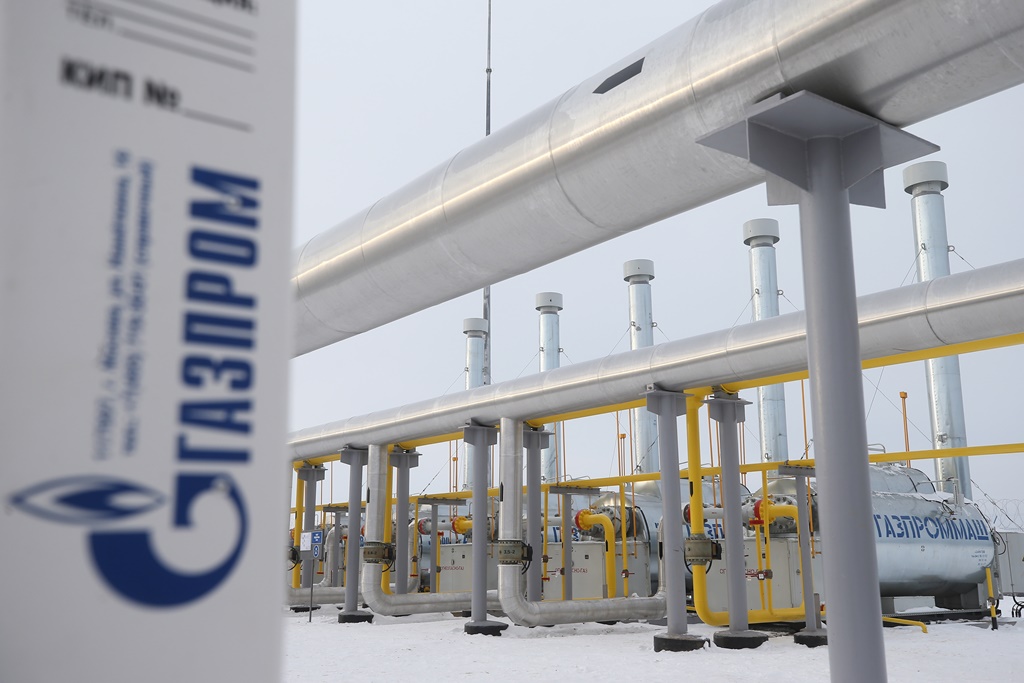Stockholm Arbitration Tribunal Ruling in Gazprom-Naftogaz Case
What is the case?
The Stockholm arbitration tribunal is reviewing two contracts signed in 2009, one for natural gas supplies to Ukraine and the other for gas transit through its territory. The key points in the dispute is a take-or-pay clause under which Ukraine had to pay for 80% of the 52 bcm of gas contracted, even if it was not received, as well as the price of the gas and transit fees. Ukraine claims the terms were unfavourable and signed under political pressure. The case started in 2014 when Naftogaz sought $18 billion from Gazprom for excessive payments for gas deliveries and $12.3 billion for under-delivery and underpayment for gas transit. On the other hand, Gazprom demanded $47.1 billion for breach of the take-or-pay clause and for underpayment of gas imported at the turn of 2013 to 2014, as well as $7 million related to a transit contract.
What was the tribunal’s ruling?
The arbitration tribunal rejected $34.5 billion of Gazprom’s claim of non-payment from Ukraine for contracted natural gas it did not buy between 2012 and 2014. Furthermore, the tribunal struck down parts of the contract that forbade re-export of gas imported by Ukraine from Gazprom. The tribunal also ruled that Naftogaz “is entitled to a market-reflective adjustment of the price formula”. The remaining claims, including on compensation and the transit contract, will be part of a future ruling.
What are the implications for Ukraine?
The ruling has significant economic meaning for Ukraine. The recognition of Gazprom’s claims would have undermined Naftogaz’s financial position, since the company started to generate a profit only in 2016. This is also important for the country’s national budget, since Naftogaz had received state bailouts (the company’s debt once even hit 7% of Ukraine’s GDP). The verdict could also legitimise Ukraine’s seizure of Gazprom’s assets in the country to recover $7.2 billion in fines for market abuse, as ruled by Ukraine’s competition authority.
The tribunal’s ruling is a formal necessity to carry out Naftogaz restructuring. The political gains are also important: Ukraine could position itself as a reliable transit country for Russian natural gas and strengthens its position before new transit contract negotiations begin with Gazprom.
What does the ruling mean for Gazprom?
The tribunal’s decision will affect Gazprom’s financial situation since it cannot now count on a high amount of compensation associated with the take-or-pay clause in this case. This follows other losses related to its activity in Ukraine, which̅ has moved from one of the largest consumers of Russian gas to completely abandoning supplies from Gazprom at the end of 2015. Therefore, the risk of further negative rulings may aggravate the company’s finances (for example, its plan to issue Eurobonds in July) and could harm financing of new infrastructure projects.
Will Gazprom have to change its contract policies?
The tribunal’s ruling challenges Gazprom contractual clauses in use for many years. The company withdrew some of them (“destination” or take-or-pay clauses), however so far there have not been rulings on the non-market price formula. This may undermine the company’s negotiating position with current and future customers as long as it remains unsettled. It will also indirectly affect Gazprom's position in relation to the European Commission in ongoing antitrust proceedings, strengthening the arguments (including those of Poland) that Gazprom has engaged in anticompetitive practices. It may have a similar effect on negotiations of the Nord Stream 2 pipeline legal regime, providing additional arguments to Gazprom critics.



